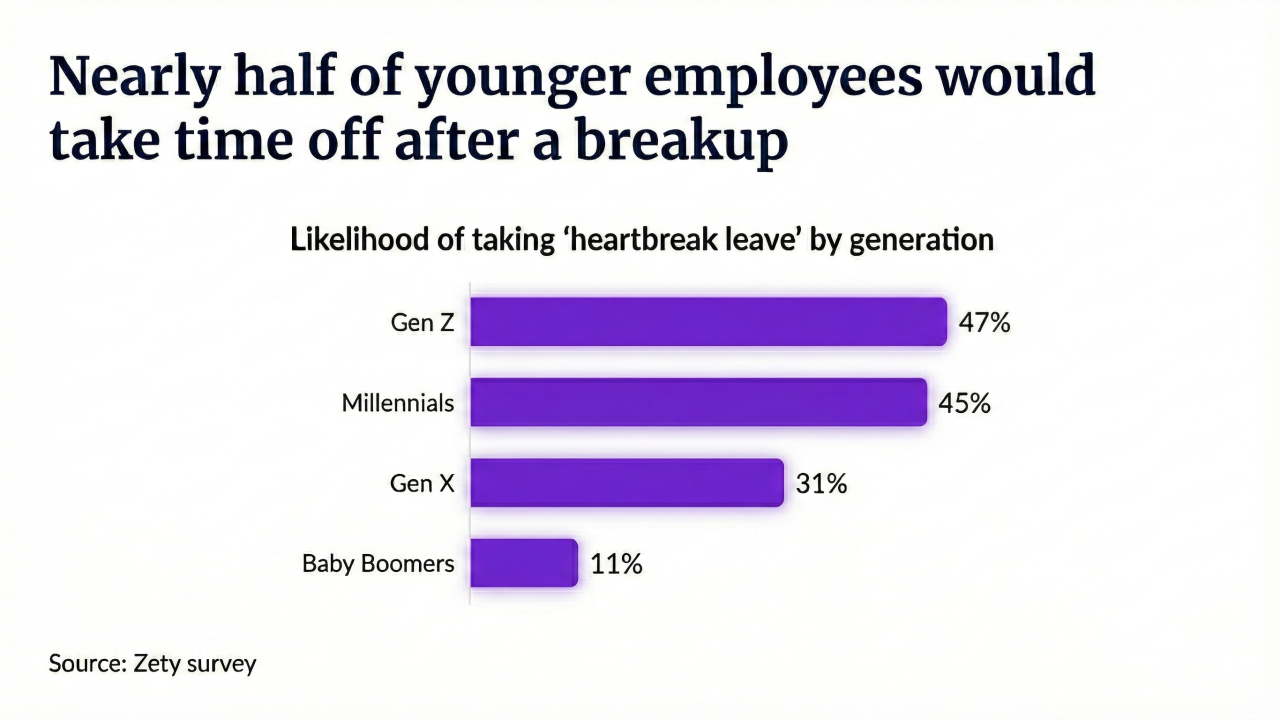Employers have their hands full when it comes to getting employees back into the office.
As states reopen and organizations announce that business-as-usual is on the horizon, employees are
But employers are doing their best to ease the inevitable transition: business leaders are prioritizing their
“We feel a commitment and a responsibility to the local economies in which we have physical offices, and want to do our part to support those businesses,” says Darcey Schoenebeck, EVP of people and culture at
Will employers and employees ever agree on a perfect return-to-work scenario? Read more from our top stories this week:






